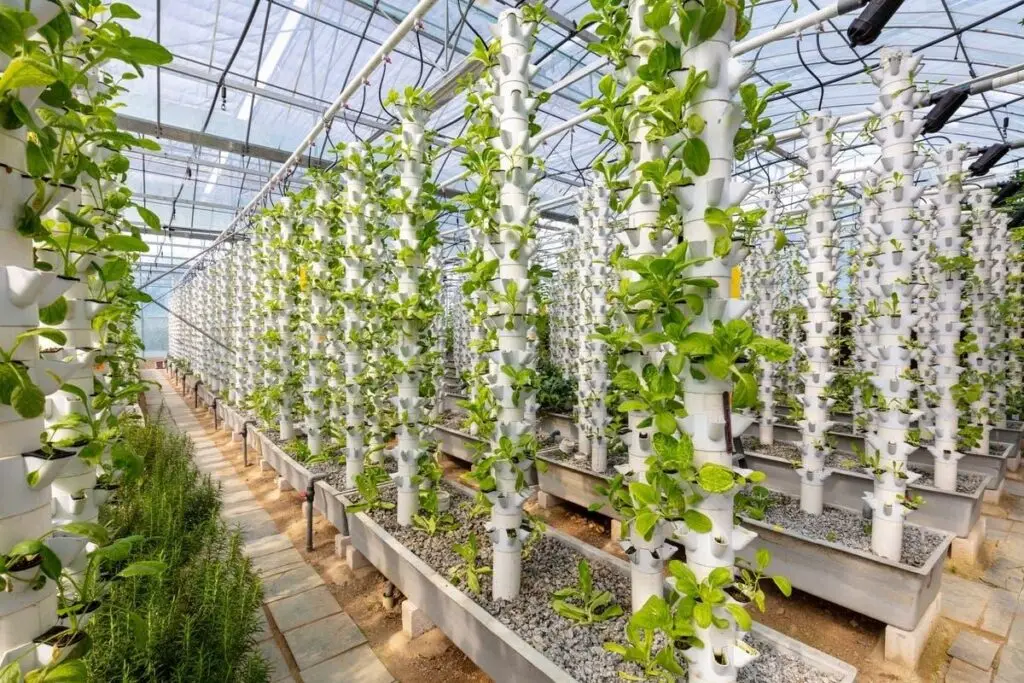Good design can be a powerful tool for sustainability. The Design Council aims to integrate green principles in all design stages. Their research shows design’s significant economic impact. However, there is a skills gap in green design among professionals. Initiatives are in place to bridge this gap and inspire future designers.
The environmental impact of products is primarily determined during the design phase. Designers have the opportunity to make choices that benefit the environment, such as using durable or biodegradable materials and ensuring products can be easily repaired. By prioritising these principles, designers can play a crucial role in reviving biodiversity, reducing waste, and bringing Net Zero targets within reach.
Design permeates every aspect of our lives, from architecture to everyday items like coffee cups and mobile phones. Historically, design has improved our quality of life, and in today’s climate emergency, it has a chance to shine again.
The Design Council has been a champion of British design for over 80 years, advocating for sustainability as central to the design process. Established in 1944, its mission has evolved to focus on transitioning from a consumer-based economy to a regenerative society.
The Design Council’s recent research underscores the importance of the design sector, which employed 1.97 million people in 2019 and contributed £97.4 billion in gross value added. Despite this, a gap exists between the growing demand for green design and designers’ readiness to meet it—only 46 percent feel prepared for this challenge.
To address this, the Design Council is proposing educational reforms and developing frameworks to equip designers with the necessary skills. These include systemic design practices to tackle complex challenges and a design value framework to measure social and environmental impact.
Furthermore, the Design Council is collaborating with educational bodies to reform the Design & Technology GCSE curriculum. There has been a significant drop in student interest since 2010, and it is crucial to sustain the pipeline of future designers. Initiatives like their recent film series aim to inspire young people by showcasing career opportunities in design.
Design can also be economically beneficial. According to the Design Council, every £1 invested in design can yield £20 in return. Their upcoming Design for Planet Festival will delve into ‘Planet Positive Business,’ urging a systemic redesign of business practices rather than just selling green products.
The pinnacle of the Design Council’s efforts is the World Design Congress, set to take place in London in September 2025. This event will gather the global design community to showcase excellence and motivate action towards a sustainable future.
The Design Council is at the forefront of integrating sustainability into design, ensuring a regenerative future is within our grasp.


